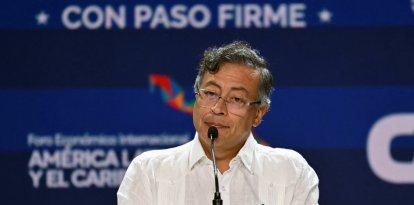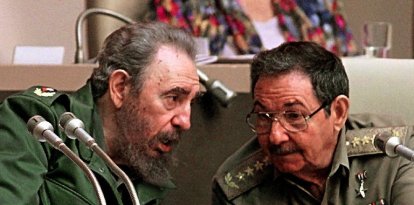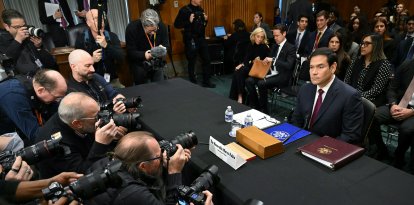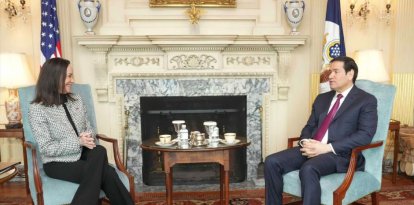Benjamin Netanyahu reassumes power in Israel: his goals and challenges as prime minister
With 63 votes for and 54 against, the Parliament has voted in favor of the new Government chaired by the Likud leader.

Benjamín Netanyahu / Cordon Press.
After forming a parliamentary majority together with nationalist and ultra-Orthodox allies, Benjamin Netanyahu has reassumed power in Israel. This Thursday, the Knesset (Parliament) voted in favor of the new Government with 63 votes in favor and 54 against, enabling the inauguration.
Last Wednesday, Dec. 21, the Likud leader, after more than a year as opposition, managed to form a majority coalition. He thus secured his return to power, serving as prime minister for the sixth time in his political career.
In his speech to the Knesset, Netanyahu, 73, assured that "the new government is determined to restore peace of mind and personal security to the citizens of Israel." He added that one of his main goals is to "end the Arab-Israeli conflict," in addition to developing the country's military capabilities and thwarting Iran's nuclear program.
Netanyahu's challenges
Despite being the head of the government, the new prime minister will have to deal with the other parties in his coalition, which have already shown that they are determined to impose their own agenda. Itamar Ben-Gvir and Bezalel Smotrich, hard-line nationalists, are two of the figures who will seek to assert themselves in the prime minister's decision-making process.
The new Government, which has already made it clear that "the Jewish people have exclusive and indisputable rights" over the State of Israel, has announced that it will continue with the construction of settlements in territories claimed by the Palestinians. In addition, it plans to cut the scope of the Judiciary.
On Nov. 1, the Likud won 32 seats in Parliament, an insufficient number of seats (at least 61 out of 120 are required) and take over the executive power. Thus, Netanyahu had to seek alliances that led him to join two ultra-Orthodox parties and three nationalist right-wing parties.

























